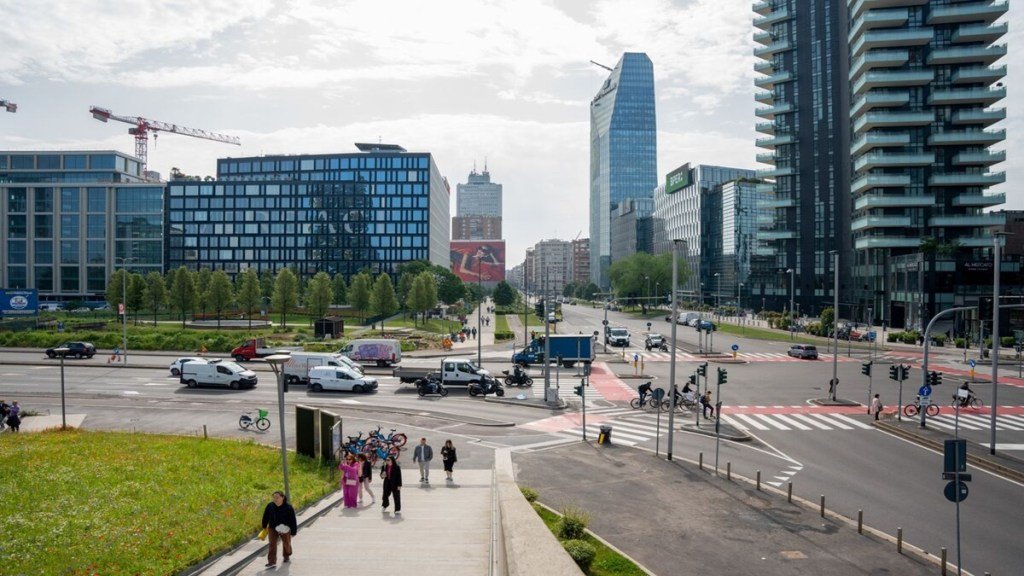
Scotland is taking steps toward shaping its own immigration policy, and many around the world are paying close attention. A recent Freedom of Information release by the Scottish Government confirms that discussions and planning are underway for new migration routes. These developments include proposals for a rural visa pilot, a Scotland-specific graduate visa, and potentially a broader framework for a distinct Scottish visa system.
Over the past few months, Scotland has been working on tailored immigration pathways to address specific demographic and labor market challenges, particularly in areas with declining populations. One of the key ideas in development is a pilot visa aimed at encouraging skilled migrants to settle in rural communities. Another proposal being explored is a graduate visa that would help retain international students after completing their studies at Scottish institutions. These efforts are part of a larger ambition to create immigration policies that respond directly to Scotland’s unique economic needs, independent from the current UK-wide system.
However, the details remain mostly confidential. Although the government has acknowledged that these plans are being discussed, the full policy documents and internal discussions have not been made public, citing their sensitive nature and ongoing negotiations with the UK Government.
At this stage, there are no new visa options available. While interest is growing, none of these programs have been formally launched, and no application process or eligibility requirements have been published. Still, the mention of a pilot program suggests that trial schemes could begin in the near future. For skilled workers considering relocation to less-populated areas, this could eventually offer a new route into Scotland.
These proposals show Scotland’s intention to have more control over its migration system and to create targeted opportunities that support its long-term population and workforce goals. If implemented, these new pathways could offer more flexible requirements, quicker processing for certain job roles, support for graduates looking to stay after their studies, and potentially a separate route to permanent residency within Scotland.
While nothing has been finalized, Scotland is clearly preparing for a major shift in how it approaches immigration. Anyone interested in future migration opportunities should watch closely for updates on the rural visa pilot, any announcements related to graduate retention policies, and any decisions from the UK Home Office that could pave the way for regional visa schemes.




















